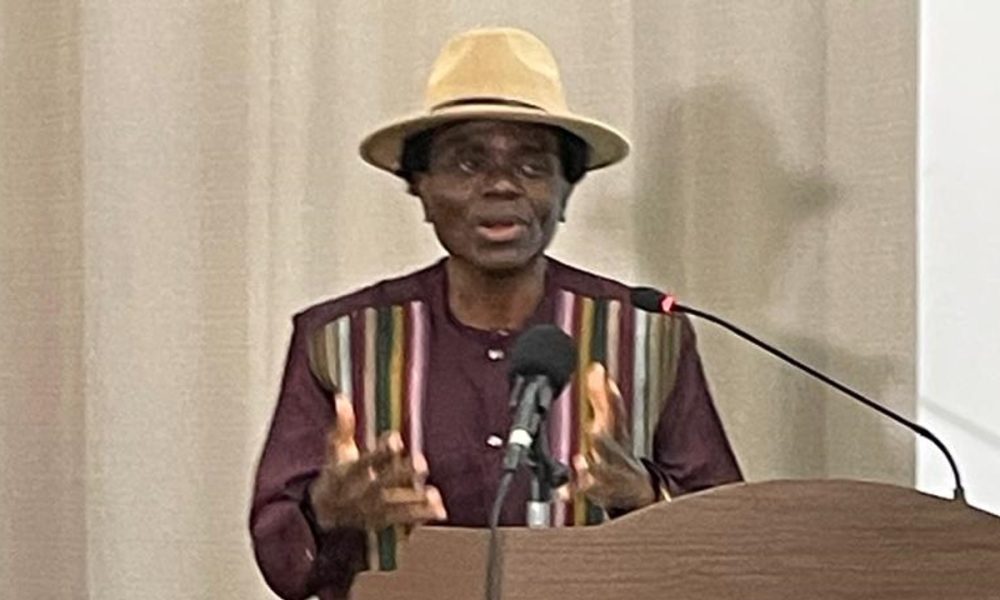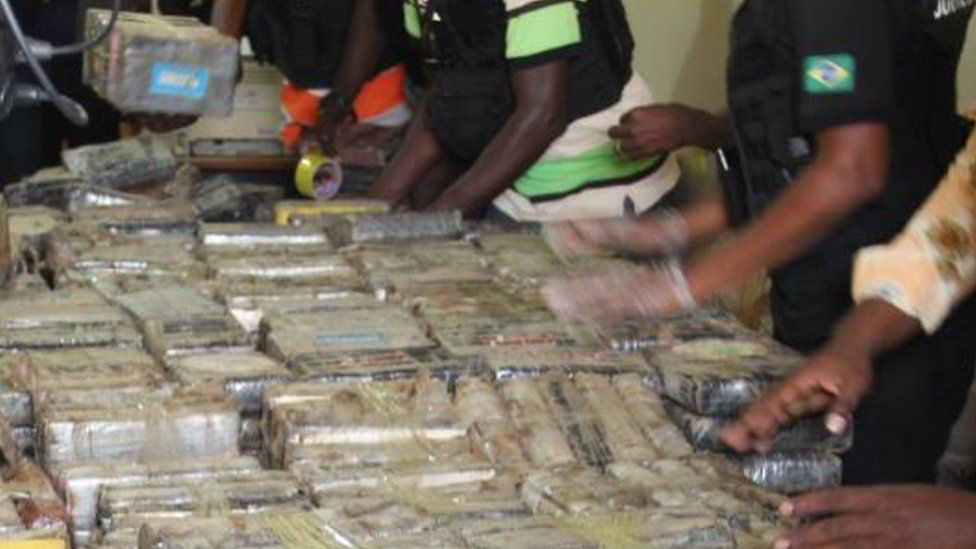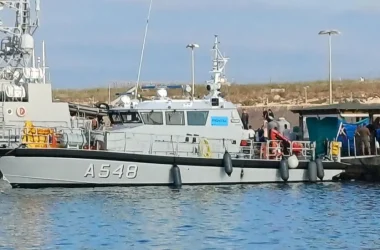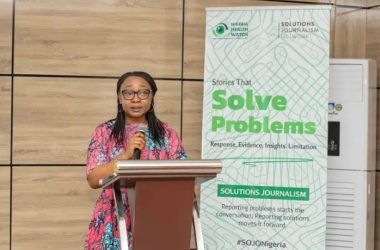Africa is stepping up efforts to fight transnational organised crime, with a spotlight on migrant smuggling, human trafficking, and contemporary forms of slavery.
The continent-wide initiative was the focus of a high-level dialogue hosted at the Sir Dawda Kairaba Jawara International Conference Centre in Bijilo, The Gambia.
The one-day event, titled Combating Migrant Smuggling, Human Trafficking & Contemporary Forms of Slavery in Africa, gathered experts, policymakers, and civil society actors to discuss how to strengthen Africa’s response to these pressing issues. It also marked Nelson Mandela’s birthday and emphasized the importance of collaboration between the African Commission on Human and Peoples’ Rights (ACHPR) and civil society organisations.
Participants agreed that tackling these crimes requires a united front, with better intelligence sharing, stronger regional cooperation, and more effective policies that address root causes, protect victims, and bring perpetrators to justice.
Dr. Feyi Ogunade, Regional Coordinator on Transnational Organised Crime (TOC), stressed the need to make the African Commission more effective. “There are many organisations in Africa that can make laws, and many of our state parties would have to adhere to these laws,” he said. While some argue that ACHPR rulings are only recommendations, Ogunade pointed out that member states have often agreed to implement them.
“The question now should be: how can we make the Commission more effective? There are so many adopted resolutions and statements. We’ve written so many things just to be preserved. I think we need to move beyond that,” he added. Ogunade highlighted the role of civil society as a vital partner in addressing what he called an escalating human rights crisis.
“These heinous crimes decimate individual dignity and freedom, while simultaneously eroding regional stability, governance, and sustainable development,” he said. Despite the existence of several AU policies and ACHPR resolutions, implementation gaps remain, leaving vulnerable groups especially women, children, and migrants exposed to exploitation, forced labour, and modern forms of slavery such as debt bondage and child trafficking.
Isatou Darboe, Executive Director of the National Agency Against Trafficking in Persons (NAATIP), said the timing of the dialogue is crucial. “The African continent is confronting the evolving dynamics of organised crime and its devastating impacts on human lives across the globe,” she said.
“Transnational Organised Crime affects real people daughters, sons, sisters, and brothers whose lives have been stolen and destroyed through deception, coercion or force. It’s our responsibility to ensure these people are not forgotten, and that our collective efforts speak louder than the silence that often surrounds these crimes.”
Francis Magari, Senior Legal Officer at the African Commission, speaking on behalf of the Executive Secretary, described the gathering as both timely and necessary. He pointed to the many people across the continent who, in seeking safety or opportunity, fall into the hands of traffickers.
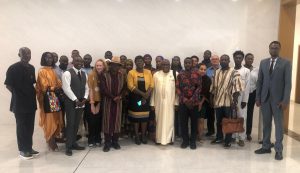
“The African Commission is deeply concerned by the grave human rights violations these crimes represent,” he said. “They strike at the very dignity and liberty of our people. As we commemorate this dialogue, we must reaffirm Africa’s commitment to the Commission’s mandate: to end these grievous practices and safeguard the fundamental rights of all individuals, wherever they may be.”
The event was not just a platform for discussion, but a call to action pushing African nations to move from policy to practice and close the gaps that allow these crimes to persist.

